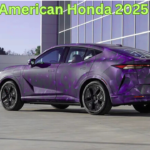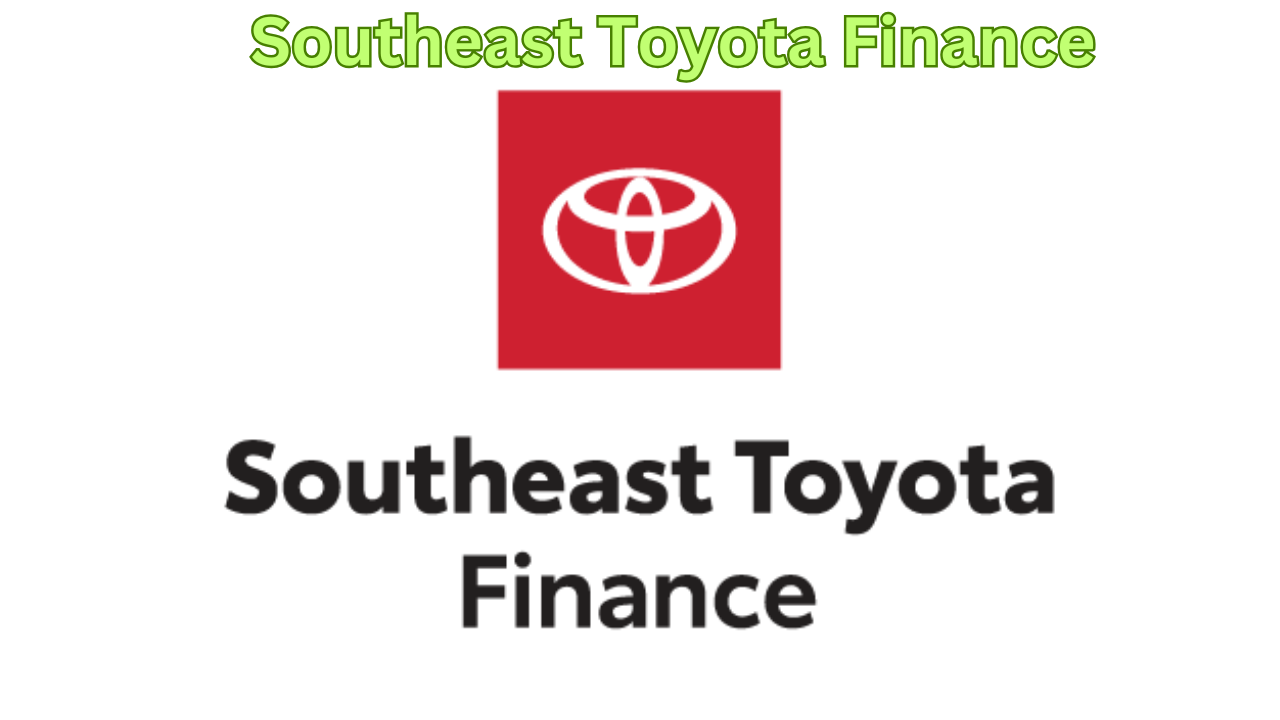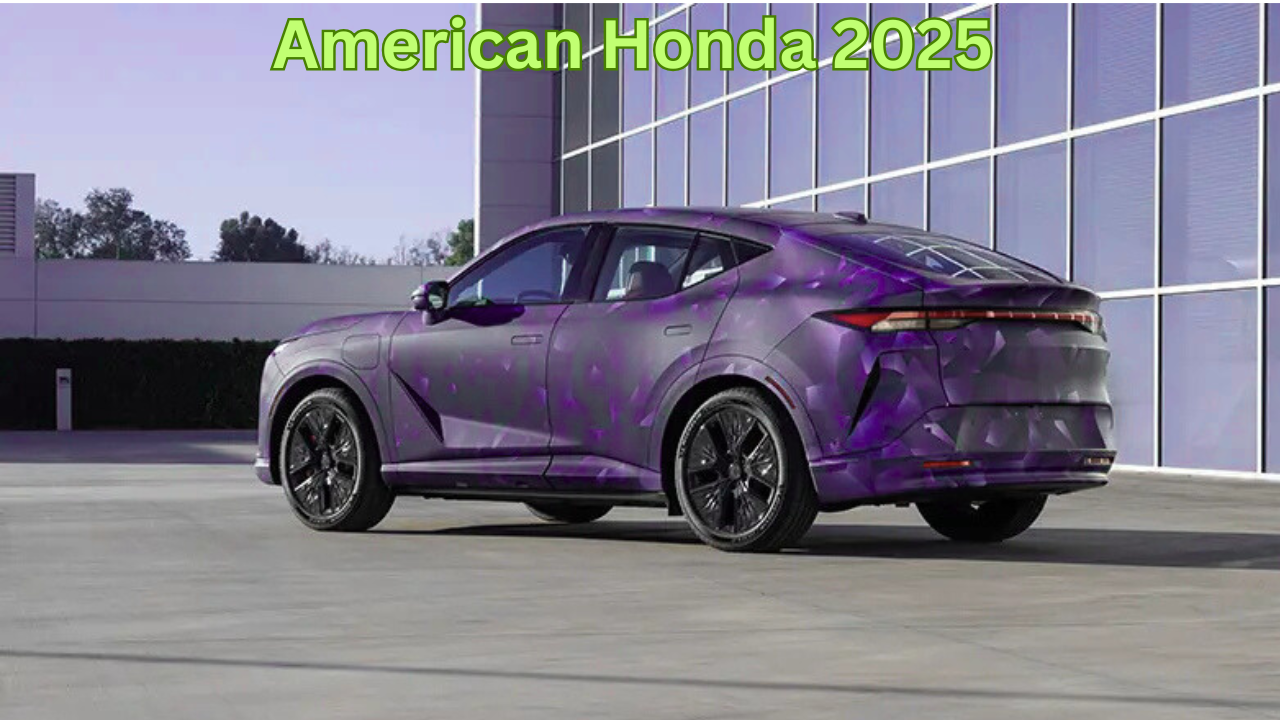EVs, CNG & Flex-Fuel Vehicles to Lead New Car Launches in India: The Indian automotive market is undergoing a significant transformation, with alternative fuel vehicles taking center stage. Electric vehicles (EVs), compressed natural gas (CNG), and flex-fuel vehicles are emerging as the frontrunners in the race toward cleaner and more sustainable mobility solutions. This shift is driven by changing customer preferences, stricter emission norms, and the government’s push for greener alternatives. According to a recent report by Phillip Capital, automakers are increasingly focusing on launching EVs, CNG, and flex-fuel models across both passenger and two-wheeler segments, signaling a new era for the Indian automotive industry.
The 2025 Bharat Mobility Global Expo showcased this transition, with major automotive manufacturers unveiling their latest alternative fuel vehicles. The event highlighted the industry’s commitment to innovation and sustainability, with EVs, CNG, and flex-fuel models dominating the launches. This strategic shift aligns with the growing demand for eco-friendly vehicles and the need to reduce dependency on fossil fuels. As a result, consumers can expect a wider range of options in the coming years, catering to diverse needs and budgets.
The Indian automotive sector is poised for significant growth, fueled by the rising popularity of SUVs, EVs, and hybrid models. Car manufacturers are capitalizing on this trend by introducing new products that combine modern design, advanced technology, and competitive pricing. With the ongoing premiumization of the industry, even mass-market segments are witnessing the launch of feature-rich vehicles at accessible price points. This article delves into the specifications, features, performance, design, and pricing details of the latest EVs, CNG, and flex-fuel vehicles set to hit the Indian market.
Also read: New Cars Launching in February 2025
Specifications of EVs, CNG & Flex-Fuel Vehicles
Below is a detailed table summarizing the key specifications of the upcoming EVs, CNG, and flex-fuel vehicles:
| Feature | EVs | CNG Vehicles | Flex-Fuel Vehicles |
|---|---|---|---|
| Fuel Type | Electric | Compressed Natural Gas | Ethanol-Petrol Blend |
| Range | 300-500 km per charge | 500-700 km per tank | 600-800 km per tank |
| Engine Power | 100-200 kW | 70-120 kW | 80-150 kW |
| Emission Level | Zero Tailpipe Emissions | Low Emissions | Lower Emissions |
| Charging/Refueling | Fast Charging (30-60 mins) | CNG Refueling (5-10 mins) | Petrol/Ethanol Refueling |
| Price Range | ₹10-25 lakh | ₹6-15 lakh | ₹7-18 lakh |
Features and Performance
Electric Vehicles (EVs)
EVs are leading the charge in the alternative fuel revolution, offering zero tailpipe emissions and impressive performance. Equipped with advanced battery technology, these vehicles provide a range of 300-500 km on a single charge. Fast-charging capabilities ensure that EVs can be charged up to 80% in just 30-60 minutes, making them a practical choice for urban and long-distance travel.
CNG Vehicles
CNG vehicles are gaining traction due to their cost-effectiveness and lower emissions. These vehicles are powered by compressed natural gas, which is not only cheaper than petrol and diesel but also environmentally friendly. With a range of 500-700 km per tank, CNG vehicles are ideal for daily commuters and fleet operators.
Flex-Fuel Vehicles
Flex-fuel vehicles offer the flexibility to run on ethanol-petrol blends, reducing dependency on fossil fuels. These vehicles are designed to deliver optimal performance while minimizing emissions. With a range of 600-800 km per tank, flex-fuel vehicles are a sustainable choice for eco-conscious consumers.
Design and Price Details
Design
The latest EVs, CNG, and flex-fuel vehicles boast modern design language, featuring sleek exteriors, aerodynamic profiles, and premium interiors. Automakers are focusing on creating vehicles that not only perform well but also appeal to the aesthetic sensibilities of consumers.
Price
The price range for EVs starts at ₹10 lakh and goes up to ₹25 lakh, depending on the model and features. CNG vehicles are more affordable, with prices ranging from ₹6 lakh to ₹15 lakh. Flex-fuel vehicles are priced between ₹7 lakh and ₹18 lakh, offering a balance between performance and affordabilit
Launch Date and Other Details
The new EVs, CNG, and flex-fuel vehicles are expected to hit the Indian market by late 2024 and early 2025. Automakers are gearing up to launch multiple models across segments, catering to the diverse needs of Indian consumers.

Unique Selling Points
- Eco-Friendly: Zero or low emissions make these vehicles a sustainable choice.
- Cost-Effective: Lower running costs compared to traditional fuel vehicles.
- Advanced Technology: Equipped with cutting-edge features and smart connectivity options.
- Government Incentives: Eligible for subsidies and tax benefits under green vehicle policies.
- Wide Range: Options available across budget and premium segments.
EVs, CNG & Flex-Fuel Vehicles to Lead New Car Launches in India Conclusion
The Indian automotive market is at the cusp of a green revolution, with EVs, CNG, and flex-fuel vehicles leading the way. This shift is driven by the need for sustainable mobility solutions and the growing demand for eco-friendly vehicles. Automakers are rising to the occasion by introducing innovative models that combine performance, design, and affordability.
As the industry evolves, consumers can look forward to a wider range of options that cater to their specific needs and preferences. The upcoming launches are a testament to the industry’s commitment to innovation and sustainability, paving the way for a cleaner and greener future.
With government support and increasing consumer awareness, the adoption of alternative fuel vehicles is expected to accelerate in the coming years. This transition not only benefits the environment but also offers significant cost savings for consumers.
The 2025 Bharat Mobility Global Expo has set the stage for this transformation, showcasing the latest advancements in the automotive sector. As more automakers join the bandwagon, the Indian market is poised to become a global leader in alternative fuel vehicles.
In conclusion, the future of mobility in India is electric, CNG, and flex-fuel. With a focus on sustainability, innovation, and affordability, these vehicles are set to redefine the automotive landscape in the country.
EVs, CNG & Flex-Fuel Vehicles to Lead New Car Launches in India FAQs
1. What are the benefits of EVs over traditional fuel vehicles?
Electric vehicles (EVs) offer several advantages over traditional petrol and diesel vehicles. Firstly, they produce zero tailpipe emissions, making them an environmentally friendly choice. Secondly, EVs have lower running costs since electricity is cheaper than petrol or diesel. Additionally, EVs require less maintenance due to fewer moving parts, reducing long-term ownership costs. They also come equipped with advanced technology features such as regenerative braking, smart connectivity, and autonomous driving capabilities. Lastly, government incentives like subsidies and tax benefits make EVs a cost-effective option for consumers.
2. How does the range of CNG vehicles compare to petrol/diesel vehicles?
CNG vehicles typically offer a range of 500-700 km per tank, which is comparable to traditional petrol and diesel vehicles. However, CNG is significantly cheaper than petrol or diesel, resulting in lower fuel costs for consumers. While CNG vehicles may have slightly lower power output compared to petrol/diesel engines, they are more environmentally friendly, emitting fewer pollutants such as carbon dioxide and particulate matter. This makes CNG vehicles an ideal choice for daily commuters and fleet operators looking to reduce both costs and emissions.
3. Can flex-fuel vehicles run on 100% ethanol?
Yes, flex-fuel vehicles are designed to run on a wide range of ethanol-petrol blends, including 100% ethanol (E100). These vehicles are equipped with advanced engine management systems that can automatically adjust to different fuel compositions. Flex-fuel technology reduces dependency on fossil fuels and lowers greenhouse gas emissions, making it a sustainable alternative. In countries like Brazil, flex-fuel vehicles are already widely used, and India is now embracing this technology to promote cleaner and greener mobility solutions.
4. What is the charging time for EVs?
The charging time for EVs depends on the type of charger used. Most modern EVs support fast charging, which can charge the battery up to 80% in just 30-60 minutes. However, home charging using a standard AC charger may take 6-8 hours for a full charge. Some high-end EVs also support ultra-fast charging, which can deliver a significant charge in under 30 minutes. Charging infrastructure is rapidly expanding in India, with public charging stations becoming more accessible, making EVs a convenient option for long-distance travel.
5. Are there any government incentives for buying alternative fuel vehicles?
Yes, the Indian government offers several incentives to promote the adoption of alternative fuel vehicles. For EVs, these include subsidies under the Faster Adoption and Manufacturing of Hybrid and Electric Vehicles (FAME) scheme, reduced GST rates, and tax benefits. CNG vehicles also benefit from lower fuel costs and reduced emissions, making them eligible for certain state-level incentives. Flex-fuel vehicles are expected to receive similar support as the government pushes for ethanol blending in petrol. These incentives make alternative fuel vehicles an attractive and affordable option for consumers.
6. How do the prices of alternative fuel vehicles compare to traditional vehicles?
The upfront cost of EVs is generally higher than traditional petrol or diesel vehicles due to the expensive battery technology. However, EVs offer lower running and maintenance costs, making them more economical in the long run. CNG vehicles are priced competitively, often similar to or slightly higher than petrol/diesel vehicles, but their lower fuel costs make them a cost-effective choice. Flex-fuel vehicles are also priced comparably to traditional vehicles, with the added benefit of reduced fuel expenses and environmental impact. Overall, alternative fuel vehicles provide excellent value for money.
7. When can we expect the new EVs, CNG, and flex-fuel vehicles to launch in India?
The new EVs, CNG, and flex-fuel vehicles are expected to launch in India by late 2024 and early 2025. Major automakers have already showcased their upcoming models at events like the 2025 Bharat Mobility Global Expo, indicating a strong focus on alternative fuel vehicles. These launches will cater to a wide range of segments, from affordable mass-market models to premium offerings, ensuring that there is something for every consumer. With the growing demand for sustainable mobility, the Indian automotive market is set to witness a wave of innovative and eco-friendly vehicles in the near future.










